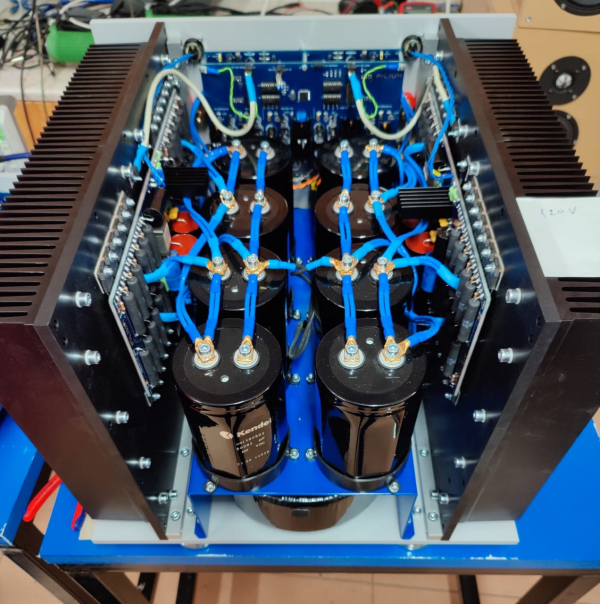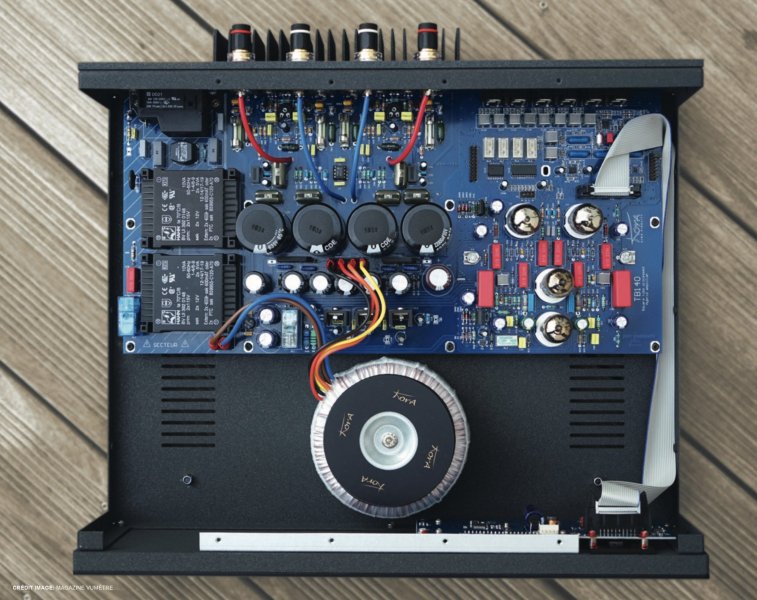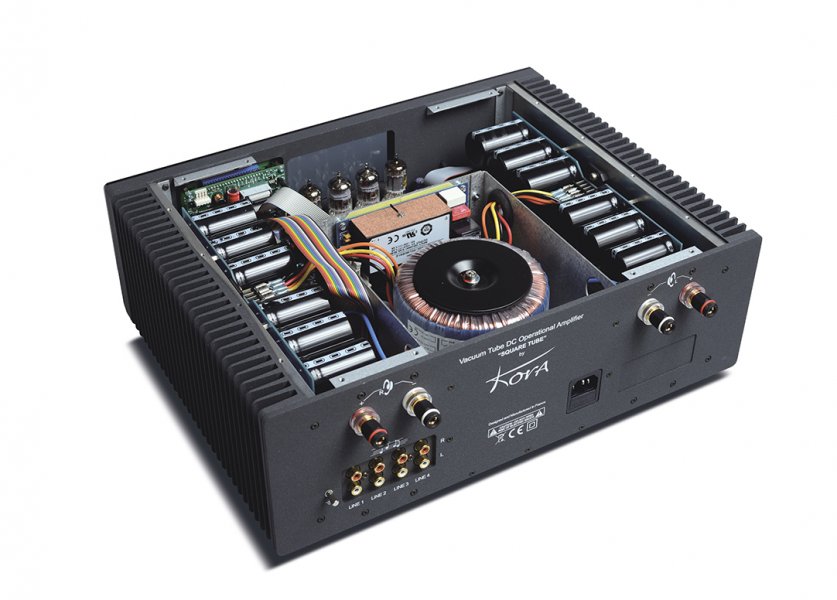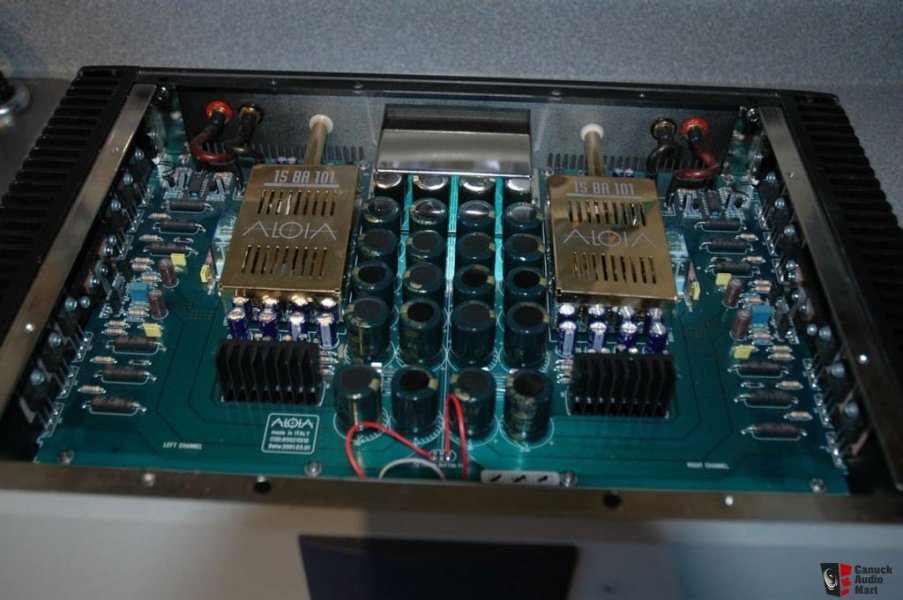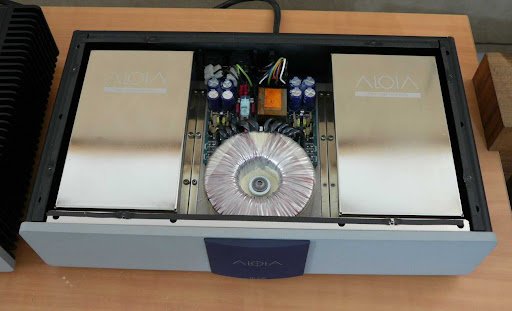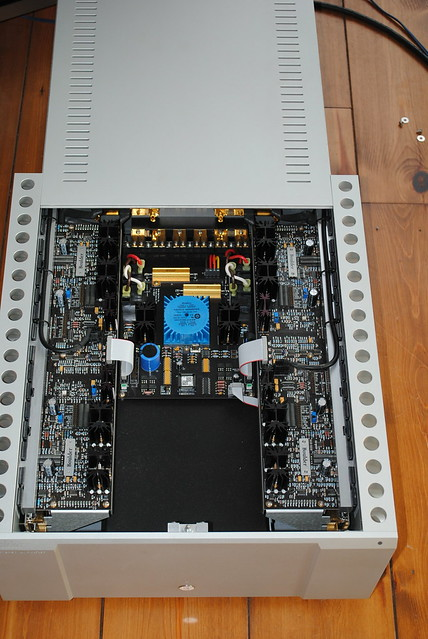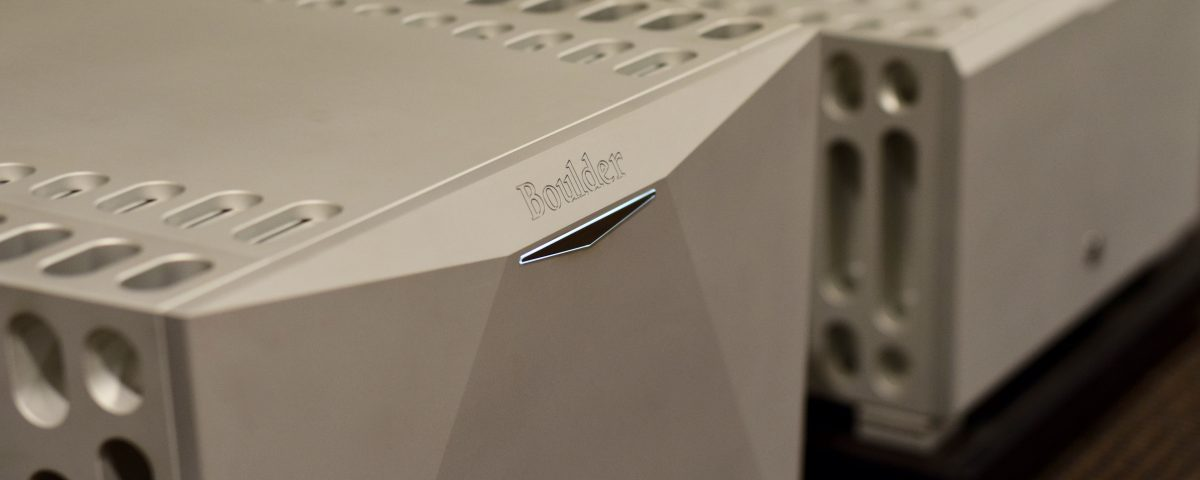Well.. basically I was wondering what you can learn from looking inside an amp ?
picture included is just an example..
But looking at this particular picture ( as a novice ) I would come to the conclusion that it’s mostly and empty box.. the power supply is not shielded. And besides some caps there seems not much to be seen ? Price for the components a few 100 dollars ? Price for the box itself probably a 1000 dollars or more.. MSRP a bit more.. ofcourse R&D profits etc needed as well..
But really.. can you learn something from looking inside ? ???
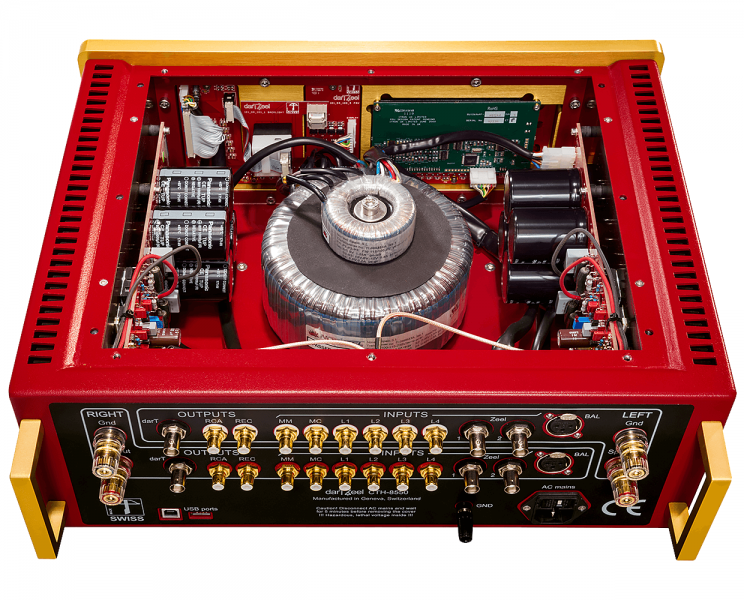
picture included is just an example..
But looking at this particular picture ( as a novice ) I would come to the conclusion that it’s mostly and empty box.. the power supply is not shielded. And besides some caps there seems not much to be seen ? Price for the components a few 100 dollars ? Price for the box itself probably a 1000 dollars or more.. MSRP a bit more.. ofcourse R&D profits etc needed as well..
But really.. can you learn something from looking inside ? ???

















